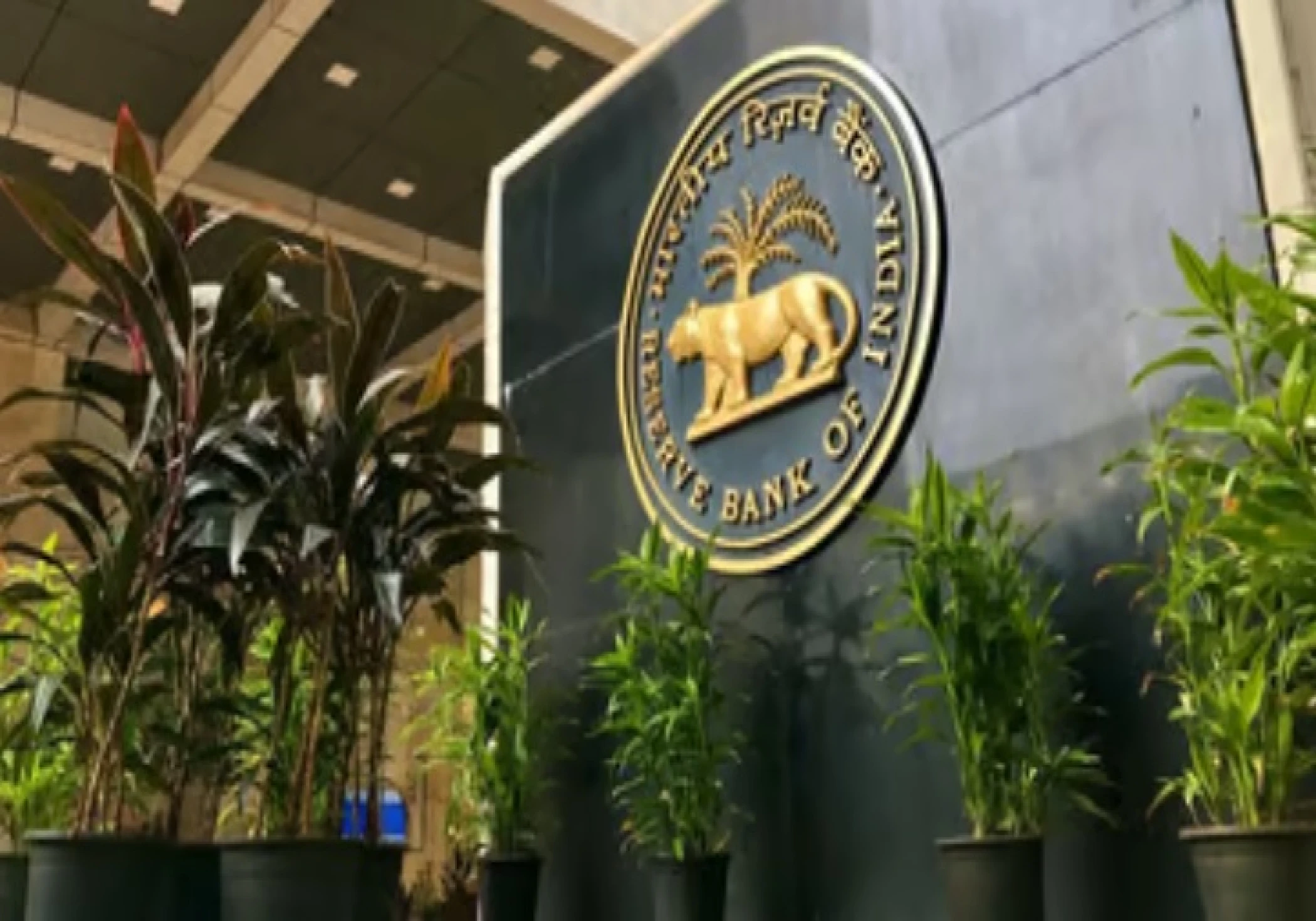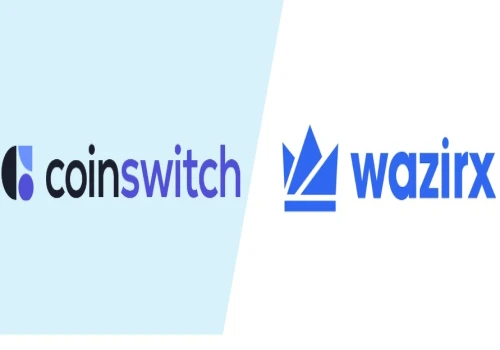
The RBI stopped Bajaj Finance from lending under its two products—eCom and Insta EMI Card—on November 15, 2023, alleging noncompliance with digital lending criteria. According to several businesses Mint talked with, this change will have a big impact on retailers both online and offline.
This is the central bank's first substantial action under its digital lending standards, which were introduced a year ago. Following the spread of unlicensed loan applications and defaults on low-value digital loans, digital loans have come under attention.
Retailers across the board may suffer as a result of the Reserve Bank of India's prohibition on Bajaj Finance, India's largest consumer goods financier, from disbursing loans under two programmes.
Insta EMI cards are generated immediately and do not require prior application or sanction.
According to merchants, the popularity of the Bajaj Finserv Insta EMI Card has increased in the previous six to eight months since it offers clients a flexible repayment duration and no-cost EMI choices. "In times when high inflation is eating into household budgets, more consumers have come to use and avail of the benefits of this lending product," said Anirban Chakraborti, omni-channel business head at mobile phone seller Sangeetha Mobiles.
Financing goods make for over half of mobile phone shop sales. Bajaj Finance is the largest non-banking finance company in India.
Last year, the RBI issued digital lending guidelines that required lenders to provide borrowers with key fact statements (KFS) that included information on 15 parameters such as loan amount, interest charges, fees, insurance charges, disbursed amount, amount to be paid by the borrower, annual percentage rate, and number of instalments.











